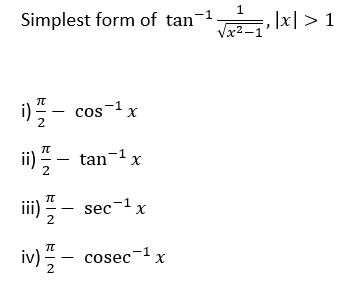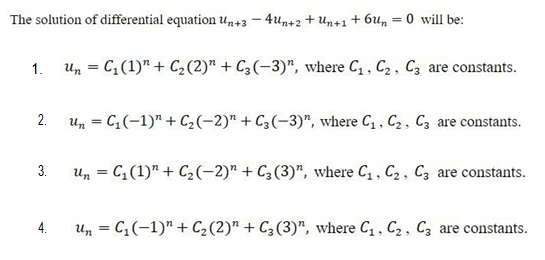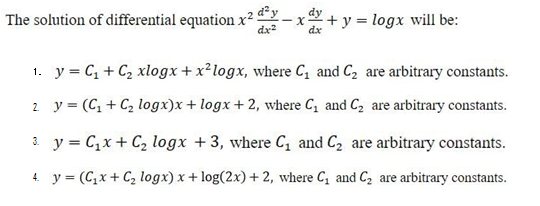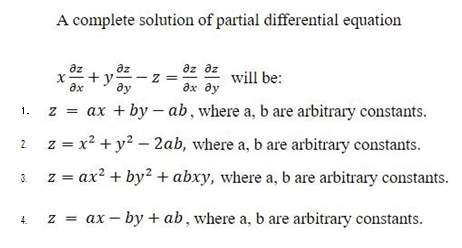Question
Match the following deposit scheme: A) FCNR (B)
A/c P) Foreign currency account B) NRERA A/c Q) NRI C) NRO A/c R) by POI and OCI D) NRE A/c S) Highest portion NRI depositsSolution
Foreign currency non-resident deposits, usually abbreviated as FCNR (B) – the B stands for banks, are term deposits that non-resident Indians (NRIs) can open with banks in India. These deposits are denominated in foreign currencies permitted by the Reserve Bank of India. Under the FCNR(B) scheme, banks have to pay an annual interest at a rate of LIBOR/Swap plus 200 basis points for terms between 1-3 years and LIBOR/Swap plus 300 basis points for terms between 3-5 years There two more options: the non-resident (external) rupee account (NRERA) and non-resident ordinary (NRO) account. These are similar to normal bank accounts and differ in the fact that the former is term account with a maximum period of three years. Unlike FCNR (B) they are denominated in rupees. NRI has the option of opening a Non Resident Rupee (NRE) account and/or a Non Resident Ordinary Rupee (NRO) account. NRO account can also be opened by a Person of Indian Origin (PIO) and an Overseas Citizen of India (OCI). NRERA deposits share the maximum portion of NRI deposits. During FY 2015-16, out of the total NRI deposit inflows in FY2016 amounted to $15.977 billion, $12.384 billion was NRERA deposits.
Relevant for Exams:









